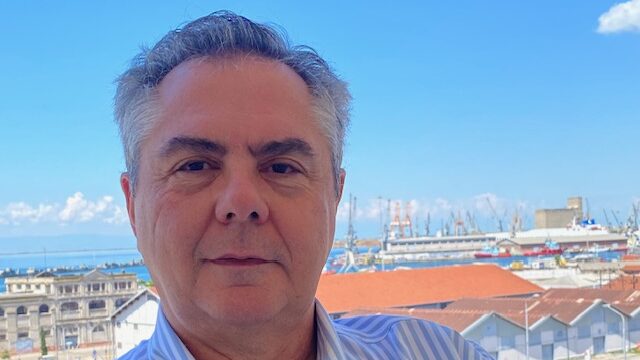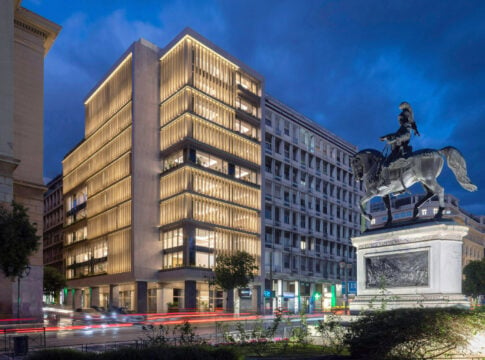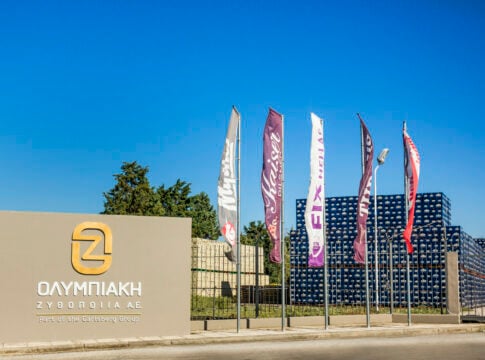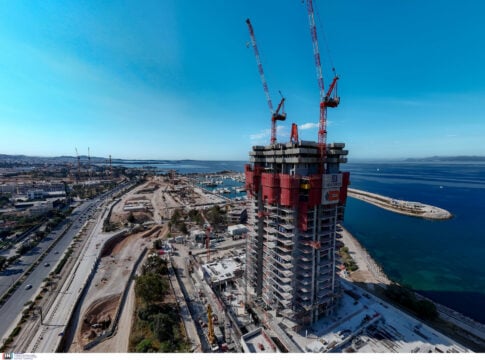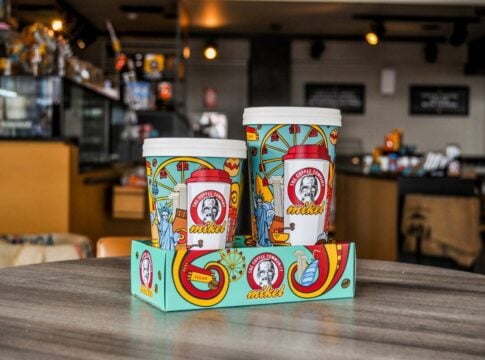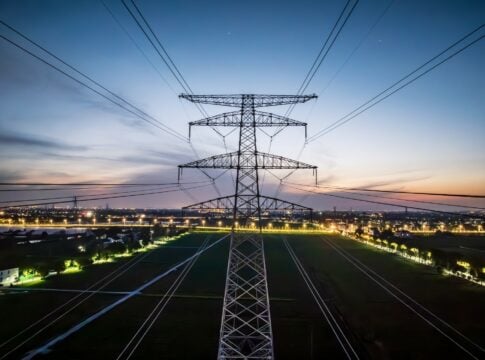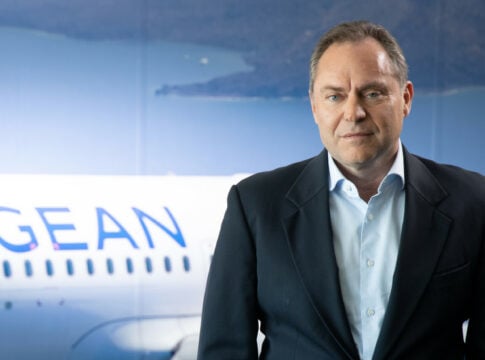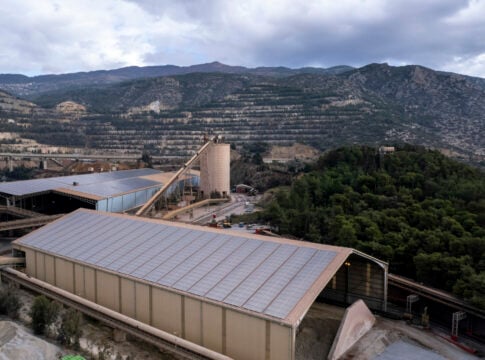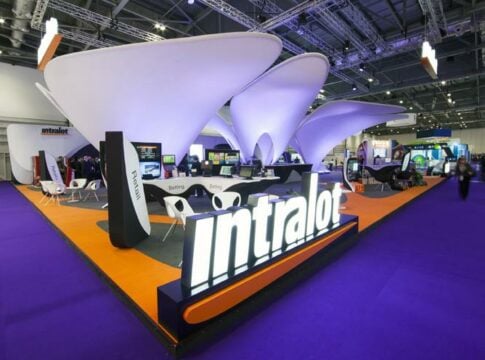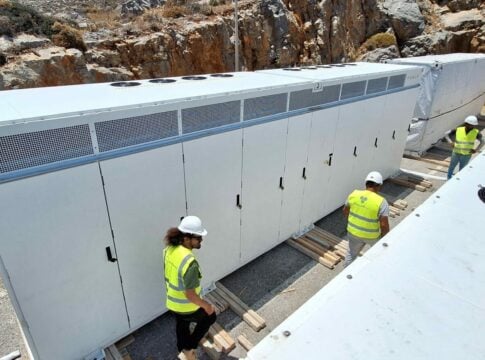The inability of the International Maritime Organization (IMO) to determine a desirable fuel for shipping, in order to make the transition to the “green” era smoothly, is highlighted by the CEO of Almi Marine Management, Christos Hatzigeorgiou.
In his interview with “N”, Hatzigeorgiou pointed out that none of the so-called alternative fuels currently have the guarantees for widespread use by shipping and proposes a flexible design for the new ships, in order to be ready to adapt to developments, when it becomes clear the “green” landscape.
Almi Marine Management was one of the first shipping companies internationally to decide to invest in new bulk carriers with conventional fuels but advanced energy design, detecting the constant delays in fuel decision-making. Later, other companies followed. However, Hatzigeorgiou believes that the shipbuilding rally will be interrupted, due to the “tight” situation in the shipyards.
Of course, the conditions in the dry cargo freight market and the looming favorable momentum could not be missing from our discussion, he noted.
The assessment for the future of the market is positive based on the current data. In general new ship orders have been very subdued which means that the supply side has developed well.
At the same time, demand has increased due to the practical closure of the Suez Canal crossing, resulting in an increase in the tonnages required. Therefore, if we do not have a drastic change in demand, a positive development is expected in the near future.
Almi Marine Management recently implemented a major shipbuilding project.
Asked whether if there is a plan to further expand/renew the fleet, he said:
“At the moment we are satisfied with the newly built ships and their gradual addition in the fleet.
We believe that the time is approaching when we will see ships using alternative fuels and methods for their propulsion and general operation and then we will carefully consider our next moves.”
In recent years, investment in new bulkers has been limited mainly due to the uncertainty surrounding alternative fuels. We have seen some inactivity in the shipbuilding sector pending a clearer fuel and regulatory outlook,” he added.
I would say that we were one of the pioneers in ordering EEDI 3 technology ships which is the ship design efficiency indicator when we found that making meaningful decisions about fuel was constantly being put off for the future. So we preferred to order ships that would consume 50% of the oil per unit of cargo carried than to idly watch non-developments.
It is precisely this delay in making substantive decisions on the fuel issue that has led to significant ship orders lately.
However, currently most yards are full until the end of 2027 and therefore I estimate that the pace of new order placement will slow.
Almi Marine ordered vessels with advanced energy design, compatible with all environmental specifications and conventional fuels.
For ships that will be delivered from 2028 and based on the new regulations that will be adopted in 2025 one must be especially careful, he underlined.
Regarding the alternative fuels, he said:
Ammonia – the slightest spill of which results in instant death. I don’t think it can become a fuel with wide application in shipping. In the first fatal accident it will be banned.
Methanol – the green methanol that is sought after exists in negligible quantities, and production requires huge amounts of energy. I don’t see any prospect of producing it on a large scale to cover shipping.
LNG – was considered the alternative until recently. Its component is methane, the leakage of which causes problems compared to oil. Efforts are made to minimize leaks to acceptable levels.
Hydrogen – a possible fuel of the future. Problematic in the required storage volume as well as the liquefaction temperature.


